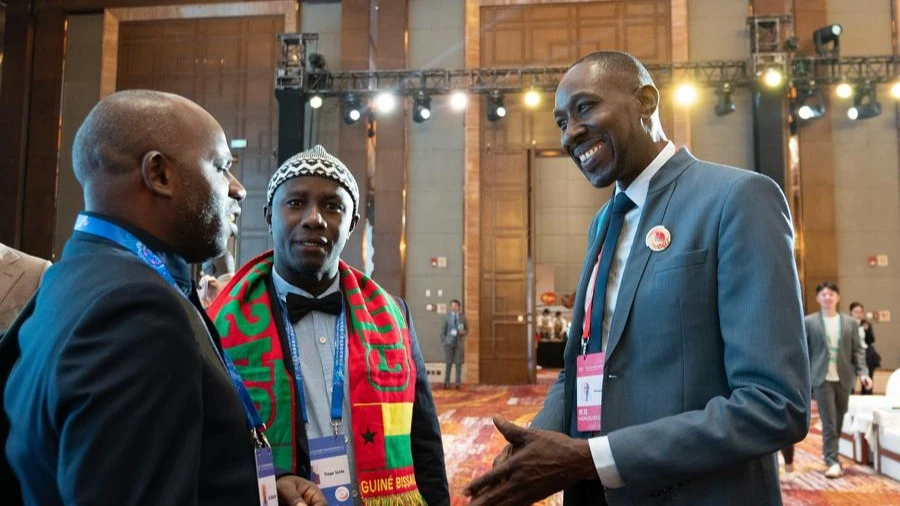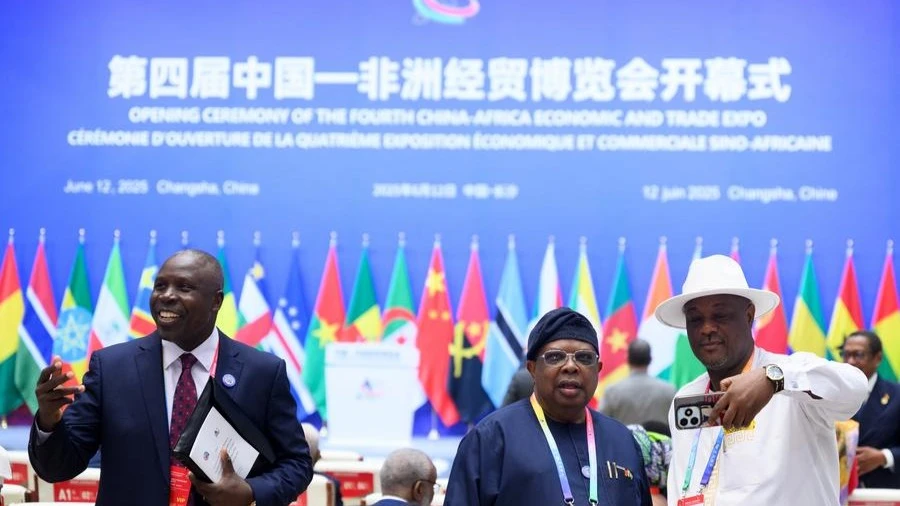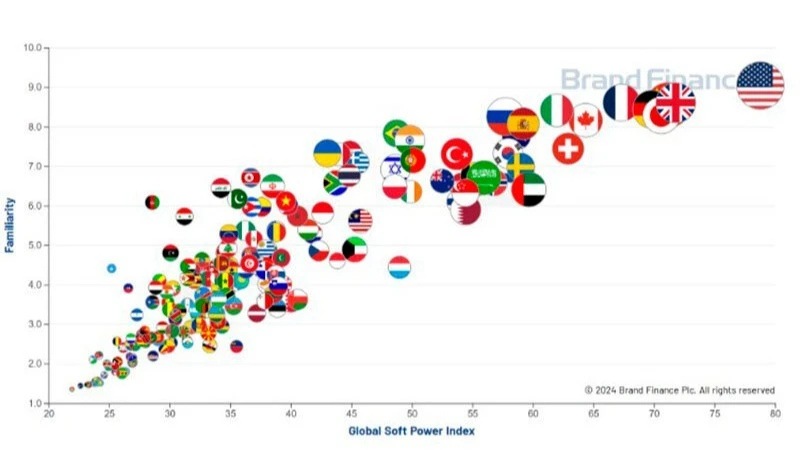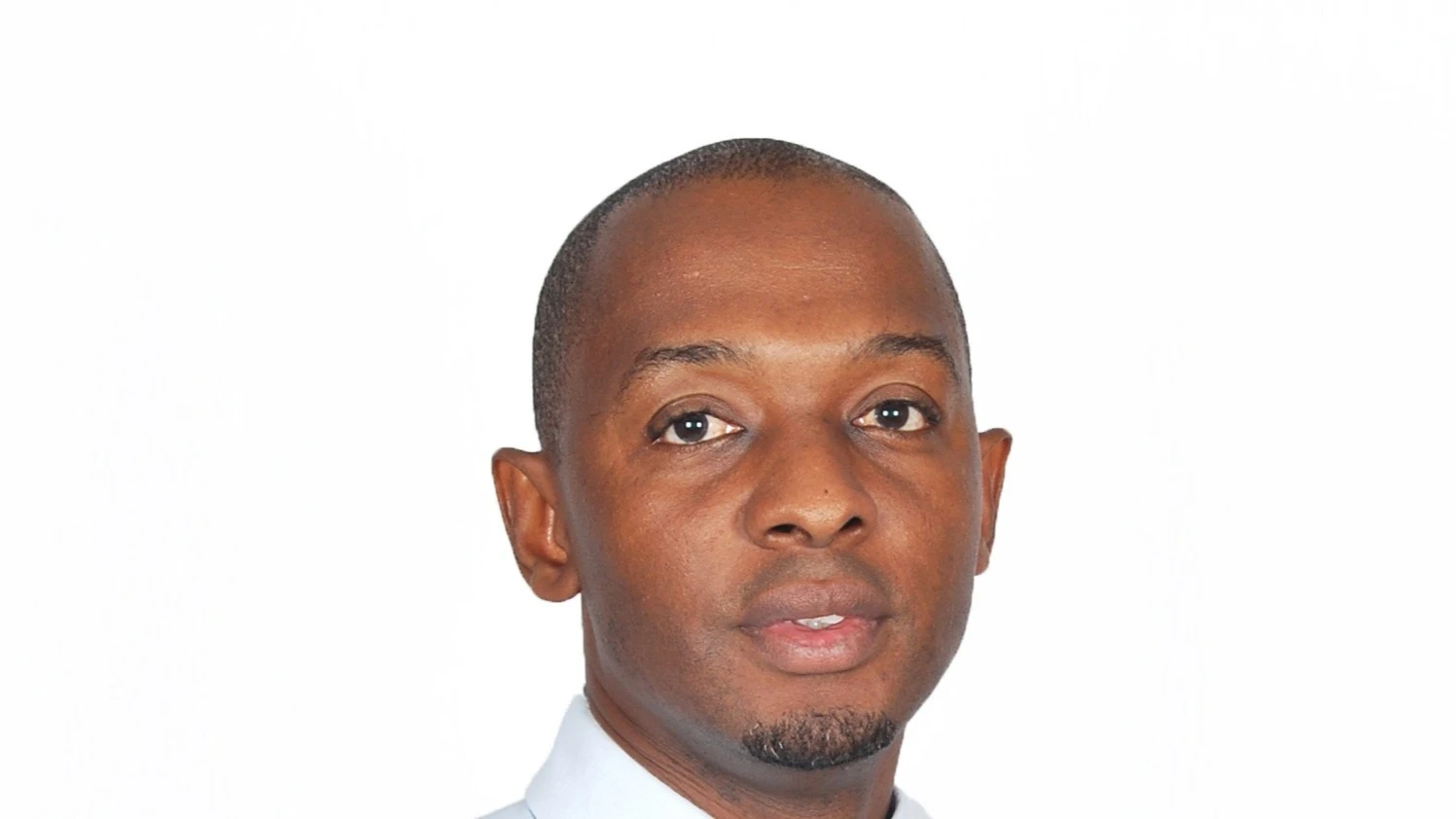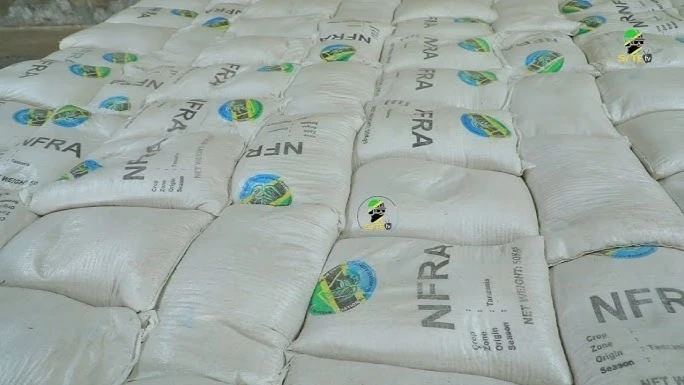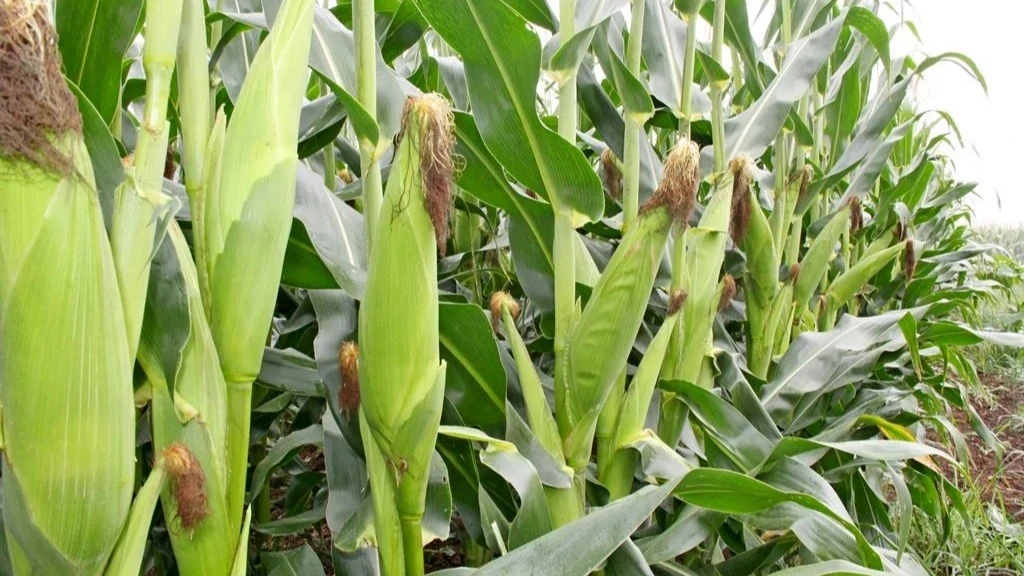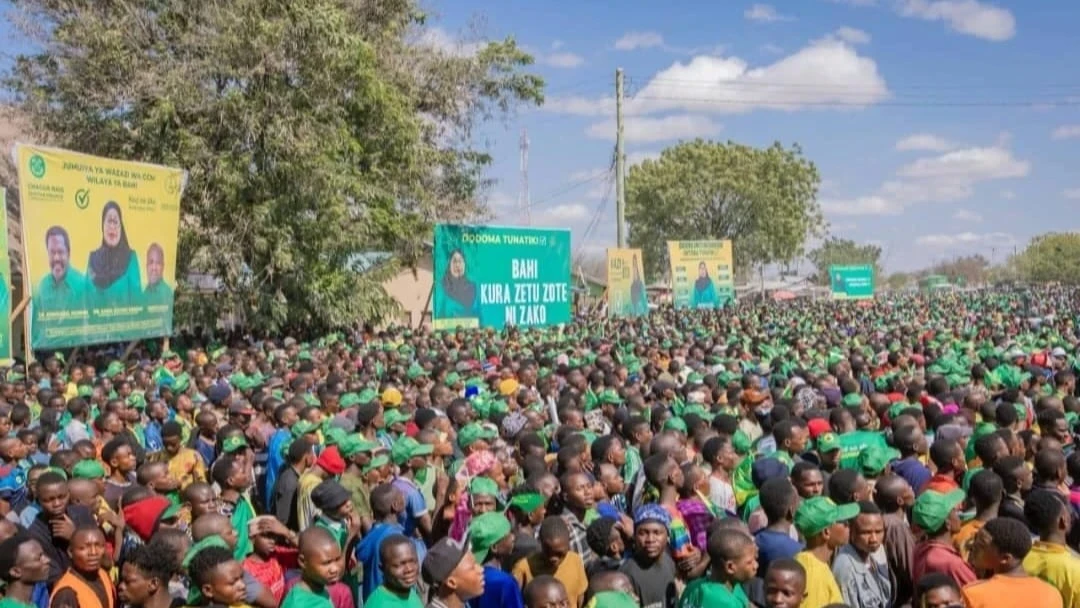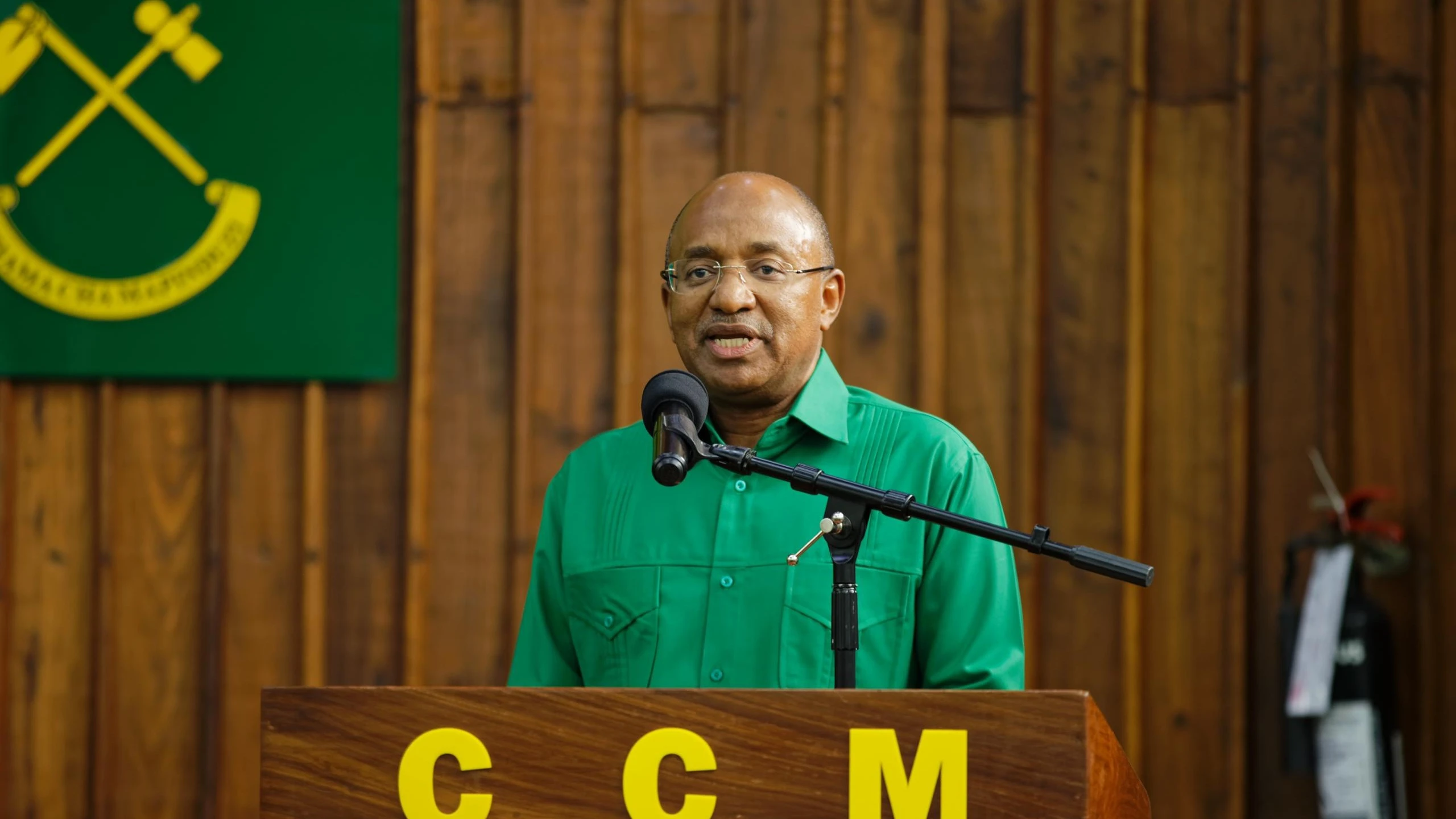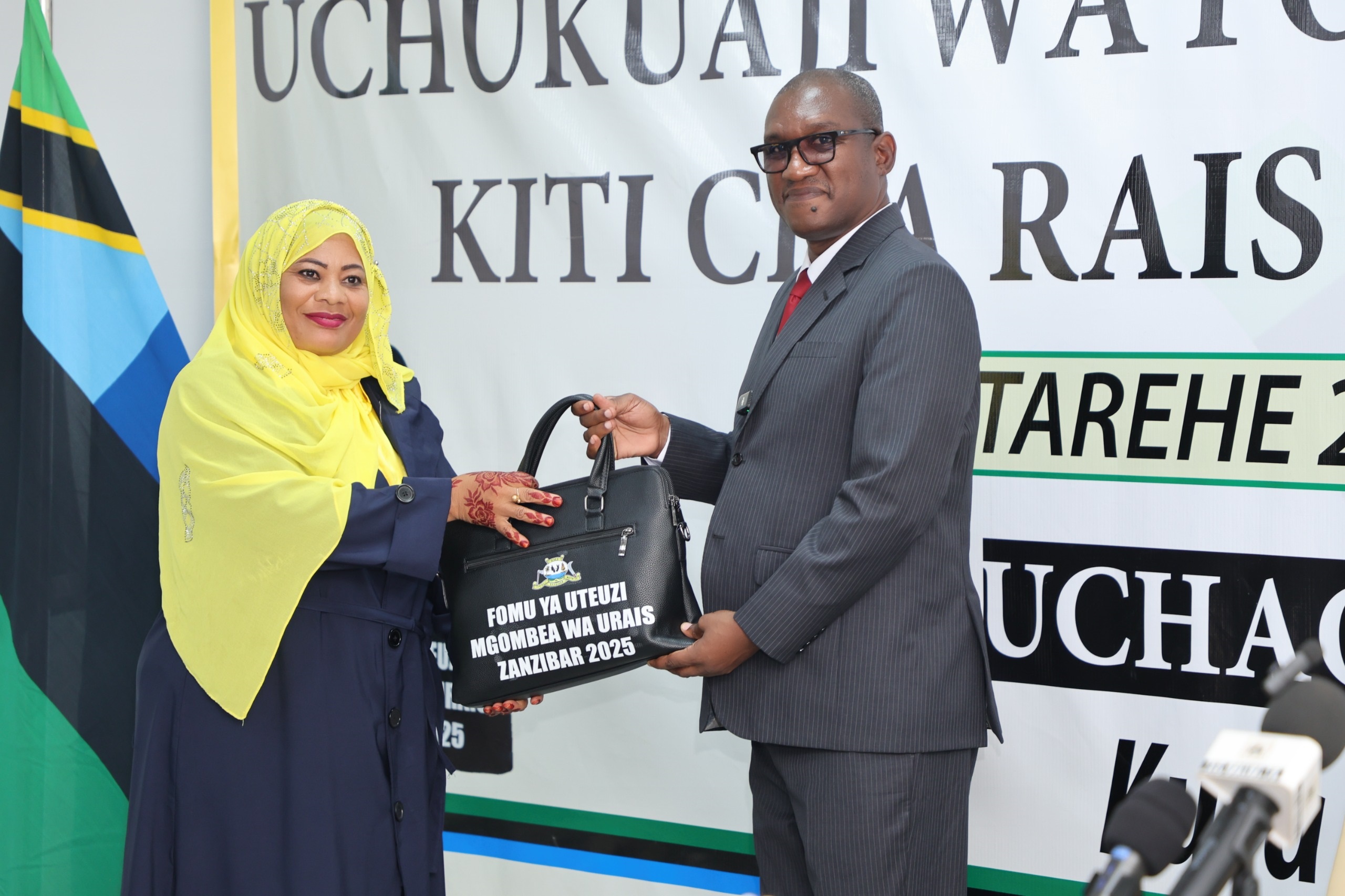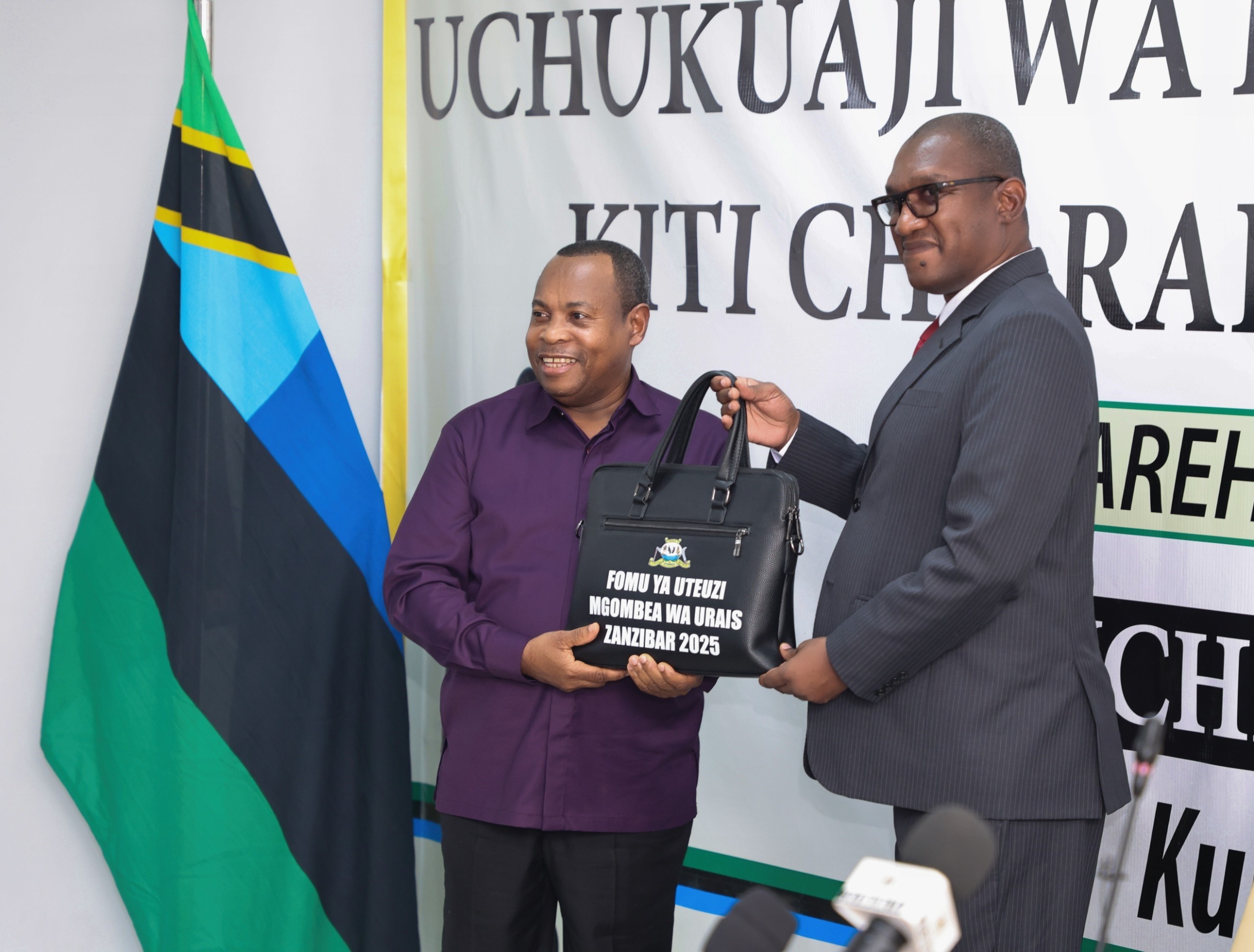Climate summit says Africa is the key to global solutions
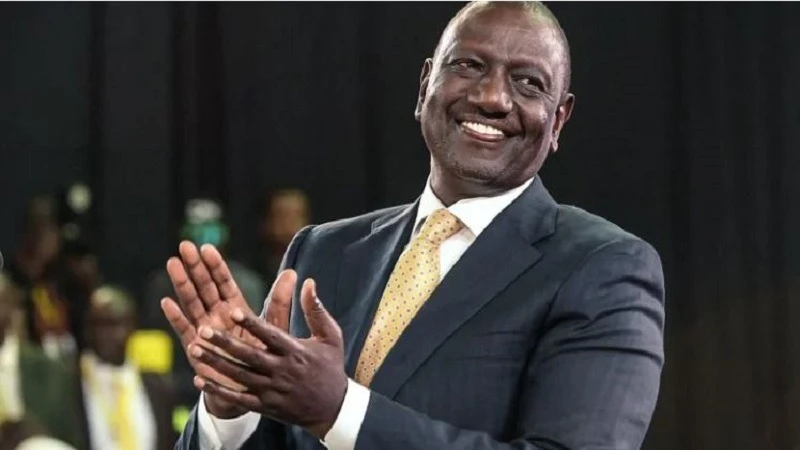
AFRICAN leaders have declared that the continent need not be seen as a victim of the global climate crisis but as a continent of solutions.
The summit has brought together more than 25,000 delegates to accelerate climate solutions across the continent by showcasing and financing African-led adaptation, mitigation and green-growth initiatives, conference organisers said.
Summit participants made this appeal at the opening remarks of the summit slated for September 8 to 10, underlining that these methods hold the keys to the world’s sustainable future if bold choices are made now.
The conference also seeks to unify Africa’s voice in global climate negotiations ahead of COP30 set for the Brazilian city of Belem, gateway to Amazon tourism zone, where at the opening, Kenya’s President William Ruto said that Africa has already demonstrated leadership through initiatives like the Africa green industrialization initiative and the accelerated partnership for renewables
These initiatives are being pursued alongside policies that attract investment, reward innovation and ensure fair value for the continent’s resources, he said in his capacity as chairman of the committee of African Heads of State and Government on climate change (CAHOSCC).
He called for stronger global cooperation as success will depend on Africa delivering at home and the international system creating space where Africa’s climate, business and development goals can converge.
The Nairobi Declaration on climate change back in 20243 reframed Africa as a place of opportunity rather than despair by introducing climate-positive growth as the continent’s development paradigm, he said.
Sources explained the Nairobi Declaration as referring notably the African leaders’ Nairobi Declaration on climate change and call to action (2023) and the Nairobi Declaration on fertiliser and soil health (2024).
The 2023 climate declaration pushed for reforms to the international financial system, a global carbon tax and greater climate finance for African nations, while the 2024 soil health declaration focused on improving soil health and boosting agricultural productivity across the continent, they said.
“We established Africa as a power in the emerging global order. Our potential is recognized, our voice is heard and our solutions are being deployed, from green infrastructure to climate-smart agriculture and cutting-edge technologies,” the Kenyan leader affirmed.
Progress remains uneven and fragile as global interconnectedness is deepening, yet too often commitments are broken and solidarity dismissed as weakness hence no nation can solve the crisis alone, he stated.
“Isolation is not a winning strategy: it is courting failure… we called our report today ‘Africa’s Journey of Climate Action and Partnership’ to reflect that our destination as a climate-safe future is certain, but only if we journey together,” he declared.
He reiterated the need for reforms of international financial systems to lower the cost of capital for African nations and expand access to concessional finance.
Ethiopian Prime Minister Abiy Ahmed Ali said Africa is home to the world’s youngest population segment, abundant solar and wind resources, vast arable land and critical minerals needed for green technologies.
“The continent must stand not as a bloc of negotiators but as a continent of solutions, proposing an African climate innovation compact to generate 1,000 African solutions by 2030,” he suggested, insisting that “we are not here to negotiate our survival; we are here to design the world’s next climate economy.
“If we make the right choices now, Africa can be the first continent to industrialize without destroying its ecosystems,” he further asserted, highlighting Ethiopia’s green legacy initiative, which has planted more than 48 billion seedlings in seven years.
He similarly informed the delegates of the upcoming inauguration of the grand Ethiopian renaissance dam, expected to provide over 5,000 megawatts of renewable energy.
“We will claim climate data sovereignty mapping our own forests, measuring our own carbon, and pricing our own ecosystems. Climate data is not just science; it is the new currency of power,” he remarked, underlining that framing climate finance is not charity.
Investment in Africa is the most strategic choice for humanity at the moment, he emphasized,
Mahmoud Ali Youssouf, the African Union Commission chairman, stressed that Africa contributes just four percent of global greenhouse gas emissions but suffers some of the worst consequences.
The link between climate change and underdevelopment is undeniable, with migration, rural exodus and instability all interconnected, he specified, objecting to inadequate financing, as Africa requires an estimated $1.3trn annually for adaptation, he said.
It receives only a fraction of that mostly in mitigation-focused pledges, which is far from sufficient, the commission executive noted, seeking for the establishment of a genuine loss and damage fund, restructured climate finance mechanisms and supranational oversight of carbon credit markets.
“Climate finance must be fair, significant and predictable,” he stressed, pointing to continental initiatives including the “Mission 300 million” plan to provide electricity access to 300 million Africans and the blue economy programme to protect marine ecosystems.
Africa has committed itself firmly to the path of green energy, so global partners need to match that ambition with resources and technology transfer, he added.
Top Headlines
© 2025 IPPMEDIA.COM. ALL RIGHTS RESERVED








